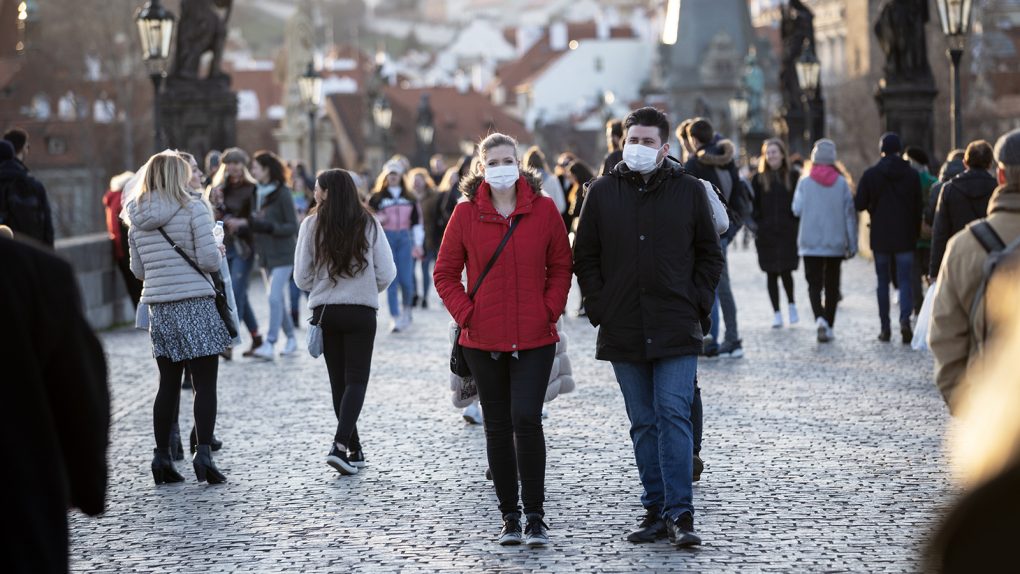- Doctors warn that one particular coronavirus complication might be deadly, even if access to immediate treatment is available.
- A study shows that heart attacks were fatal in every COVID-19 patients who qualified for the study, despite CPR efforts.
- One in four patients who suffered a heart attack in the same hospital before the pandemic survived, compared to just one in 10 COVID-19 patients whose hearts stopped.
The novel coronavirus has killed more than 1 million people worldwide out of the nearly 34 million cases confirmed since late December. That’s a grim statistic, but it doesn’t tell the complete story. The actual number of people who contracted the illness is significantly higher, as many of them developed mild versions or weren’t able to get tested. Also notable is that doctors now understand the disease better than before, and they can save more people. A look at statistics showing the massive increase of COVID-19 cases worldwide over the summer proves that the illness remains incredibly infectious. But the death toll remained largely the same during that period, instead of following the same upward trend as infections. That said, COVID-19 will still kill plenty of patients — and that’s why it’s so important to remain vigilant. Now, a new study says that doctors might not be able to save patients who develop one particular coronavirus complication that would otherwise be treatable without the virus.
In the first months of the pandemic, we learned that hospitals were reconsidering CPR maneuvers for patients who developed heart attacks. At the time, there was a massive shortage of protective equipment and some doctors worried that CPR maneuvers might expose staff to the virus. On top of that, getting in PPE gear would consume precious minutes during a kind of medical emergency where every second counts. It’s imperative to get the heart pumping again as fast as possible once it stops because vital organs will not survive without a constant source of oxygen.
A new study now reemphasizes the notion that heart attacks are often fatal for coronavirus patients. It’s not because of equipment shortages either, but simply because those patients might already be fighting for their lives because of COVID-19.
A study published in JAMA Internal Medicine this week shows that 60 patients admitted to a Michigan hospital with coronavirus suffered heart attacks. Of those, 54 qualified the criteria of the researchers, and the other six were excluded due to a lack of CPR documentation. But none of them ended up surviving COVID-19, even though 29 were resuscitated through CPR maneuvers delivered during the heart attacks.
The same researchers said that before the pandemic, 25% of hospital patients who suffered cardiac arrests tended to survive. Now, some 90% of COVID-19 patients who develop heart attacks end up dying.
Heart disease is a known risk for complications and death in COVID-19, and we already know that the virus can attack the heart directly. Some studies have shown that several forms of “Long COVID” come with heart issues. Long COVID is what doctors call the type of long-term problems often suffered by patients who recover from coronavirus infections.
The patients in this study had several other notable complications. Nearly 80% of them were on mechanical ventilation, 47% were given vasopressor support, and one-third of them were on kidney replacement therapy. “These outcomes warrant further investigation into the risks and benefits of performing prolonged CPR in this subset of patients, especially because the resuscitation process generates aerosols that may place health care personnel at a higher risk of contracting the virus,” the researchers said.
It’s worth noting that not all experts agree with the study’s conclusion regarding CPR risks for medical personnel. But they do agree that the chances of surviving heart attacks while battling covid are extremely low.
“I don’t think we can say cardiac arrest is always fatal if you have COVID,” J. Randall Curtis told HealthDay News. “I think we can say in this setting of cardiac arrest and COVID, the chances of cardiac resuscitation working are very, very low.” Curtis, a professor of pulmonology with the University of Washington in Seattle, was not involved in the study.








